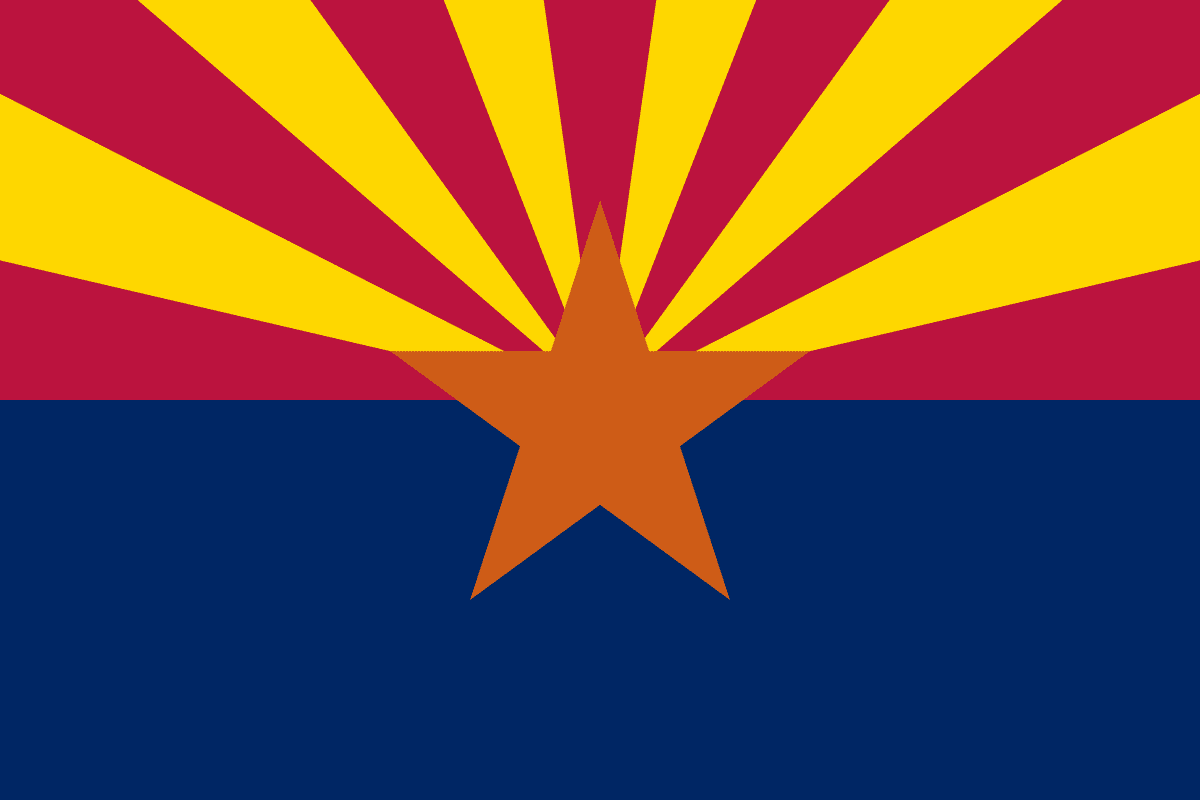1. What is Probate?
Probate is the legal process for settling a deceased person’s estate in Arizona. It ensures debts are paid, and assets are distributed either according to the will or state law if there is no will.
2. Where is Probate Handled in Arizona?
Probate in Arizona is handled by the Superior Court in the county where the deceased resided. Each of Arizona’s 15 counties has a Superior Court that oversees probate matters.
3. Key Steps in the Probate Process in Arizona
- File the Will: The executor named in the will must file it with the Superior Court. If there is no will, someone will need to apply to be appointed as the personal representative.
- Inventory and Appraise the Estate: The personal representative inventories the deceased’s assets, including real estate, bank accounts, and personal property, and reports their value to the court.
- Notify Creditors: Known creditors are notified directly, while a public notice is posted in a local newspaper to inform unknown creditors. Creditors generally have four months to file claims.
- Pay Debts and Taxes: The estate must pay off any debts and taxes, including final income taxes and any applicable estate taxes.
- Distribute Assets: After debts and taxes are paid, the remaining assets are distributed to heirs or beneficiaries, as outlined in the will or, if no will exists, under Arizona’s intestacy laws.
4. When Is Probate Required in Arizona?
Probate is generally required in Arizona when the deceased owns assets in their name alone, without a joint owner or named beneficiary. Probate is necessary to legally transfer those assets to heirs or beneficiaries.
5. Types of Probate in Arizona
Arizona offers several probate options depending on the size and complexity of the estate:
- Small Estate Affidavit: For estates valued under $75,000 in personal property or $100,000 in real property, an affidavit process can be used to claim assets without going through formal probate.
- Informal Probate: This simplified process does not require ongoing court supervision and is typically used when there are no disputes or challenges.
- Formal Probate: This process is required if disputes arise or if the estate is particularly large or complex. The court plays a more active role in overseeing the proceedings.
6. Avoiding Probate in Arizona
Certain assets bypass probate, including jointly owned property, payable-on-death accounts, retirement accounts with named beneficiaries, life insurance policies, and assets held in a living trust.
7. How Long Does Probate Take in Arizona?
The probate process in Arizona typically lasts six to eight months for informal probate, though it may take longer if disputes arise or if the estate is complex. Formal probate can take a year or more.
8. Common Terms in the Probate Process
- Executor/Personal Representative: The person responsible for managing the estate.
- Intestate: Dying without a will.
- Inventory: A detailed list of all assets owned by the deceased.
- Letters of Testamentary/Administration: A document issued by the court giving the executor authority to act on behalf of the estate.
If you have feedback, questions, or ideas for future articles or Information Hubs, please contact us. Your insights help us create valuable content.


